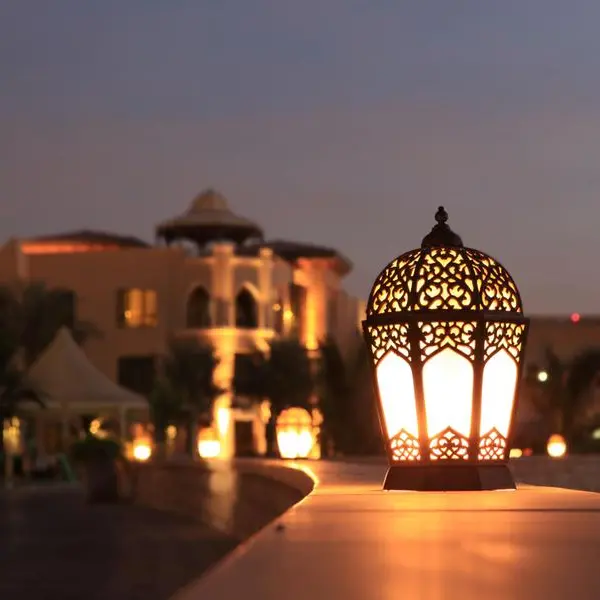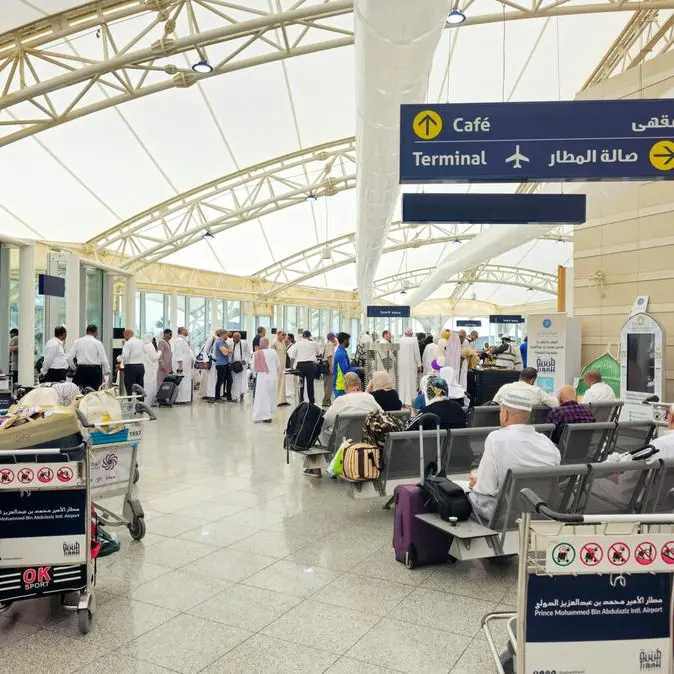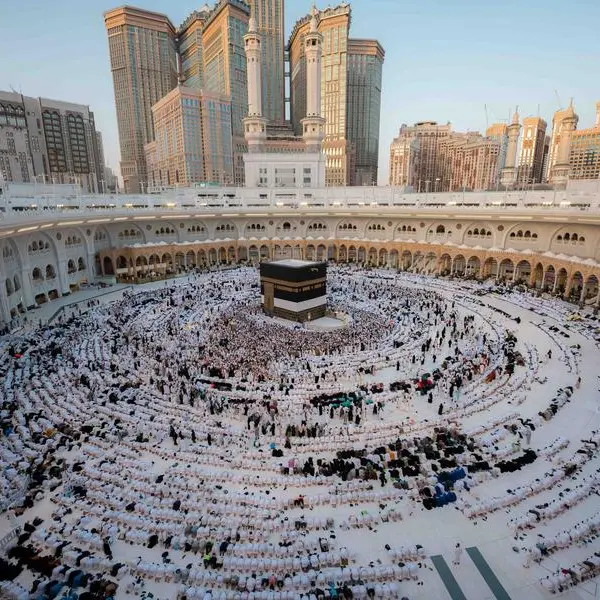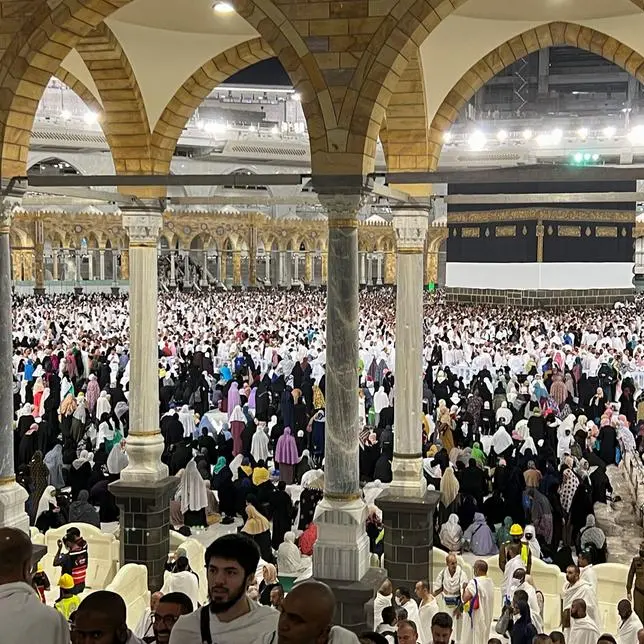PHOTO
Dubai - The clock has hardly struck four in the evening, but many have already begun to line up to buy a Dh5-burger from Bilal Abbasi, a vendor at the Labour Community Market in Al Quoz 4.
"It takes about eight minutes to make this burger, but I begin my work in the morning to finish it before 3pm," said Abbasi, his pans wiggling and sizzling.
The Pakistani expat started his stall at the community market a few months ago, with the burger being his biggest hit; it is made with an omelette and a patty with a secret blend of spices and sauces.
"The secret recipe of the patty is not mine but of my ancestors, and I am continuing this business in a slightly different way by serving it in a bun," Abbasi says.
From four to 11pm daily, he sells 50 burgers. "If I increase the quantity, I may lose the quality and taste, and I want to keep it limited."
Abbasi's primary customers are delivery riders from various companies.
"I have had food from many restaurants, and in fact, I like the taste, but what Bilal serves is very different and is also light on my pocket," says Umar Raza, a delivery executive working at a private firm.
Hundreds like Abbasi have set up stalls at the market to sell delicious, low-cost food. Indian, Pakistani, Nepali, Bangladeshi, Italian, Nigerian, Gambian, and other African cuisines make up the spread.
The Labourers Community Market was started in collaboration by Dubai Police General Command and Dubai Municipality to regulate and supervise unlicensed flea markets across labours' accommodation areas.
The Labourers Community Market initiative represents a definitive solution to the issue of unlicensed markets as it provides a place for sale under the supervision of different concerned authorities. It also aims to raise labourers' awareness of food preservation methods and protect their health.
Play, eat and repeat
Apart from a place to buy a meal, the market also serves as a spot for workers to unwind after work. Gaming tables are one of the market's biggest crowd-pullers.
Snooker costs Dh10 a game and Dh40 an hour, and workers can also play carrom at Dh5 per game or Dh20 per hour. The best players get together for a Sunday tournament, with hundreds of spectators cheering on their favourites.
Discounted groceries, gifts, clothes
Workers also come to the market to shop for everything from daily groceries to gifts for loved ones back home; they can even get their clothes altered.
Almost every item is sold at a 40-70 per cent discount from its regular market price. For instance, a kilogram of apples costs Dh2, a kilogram of watermelon costs Dh1, and t-shirts and shirt prices start from Dh5.
Several also often shop for footwear, sunglasses, watches, blankets, and even electronic goods like laptops, mobile phones, and accessories at low prices.
One among hundreds of visitors at the market was Akhlaq Ahmed, a painter working with a private firm, who is flying back to his hometown in Bangladesh after two years.
"As this is my first vacation, I want to take gifts for my family and relatives. Many have requested to bring specific items, and everything is available here. I brought almost everything, which cost me Dh700 in total. The only thing remaining is a suitcase to take these gifts home; the suitcase costs Dh70," said Ahmed.
Copyright © 2022 Khaleej Times. All Rights Reserved. Provided by SyndiGate Media Inc. (Syndigate.info).





















